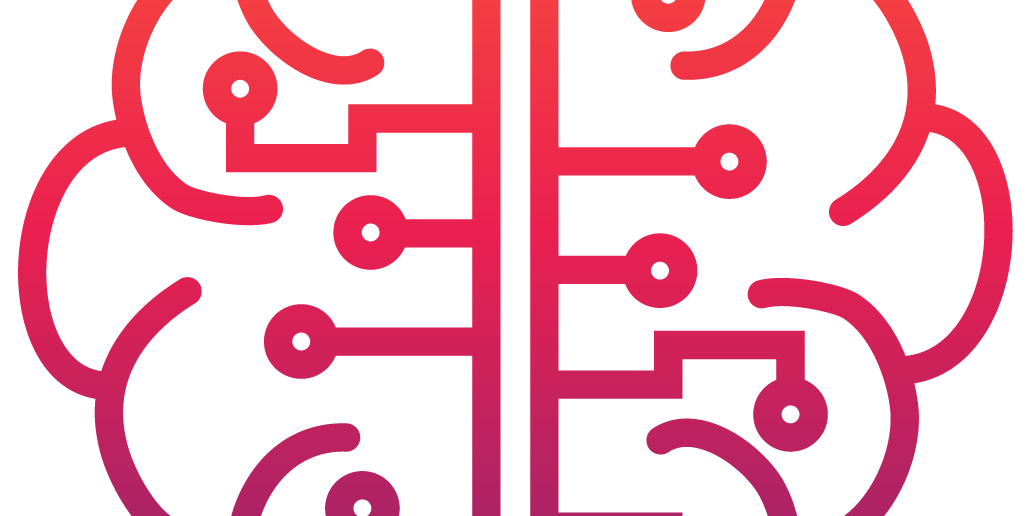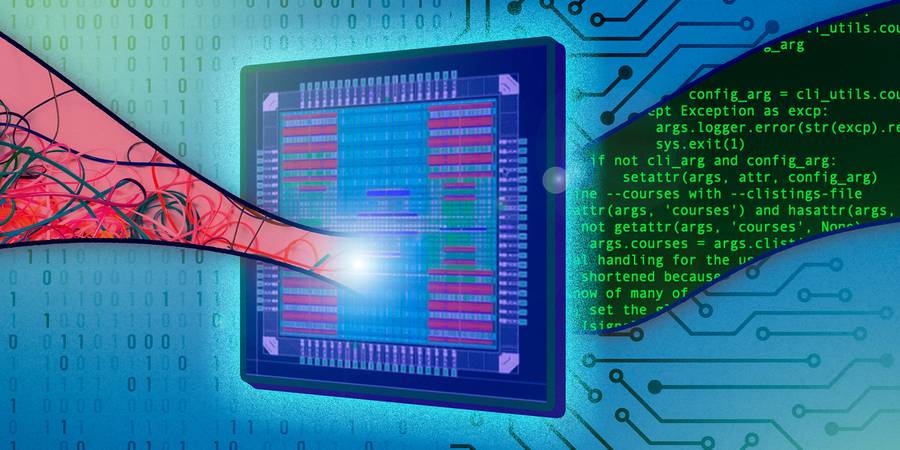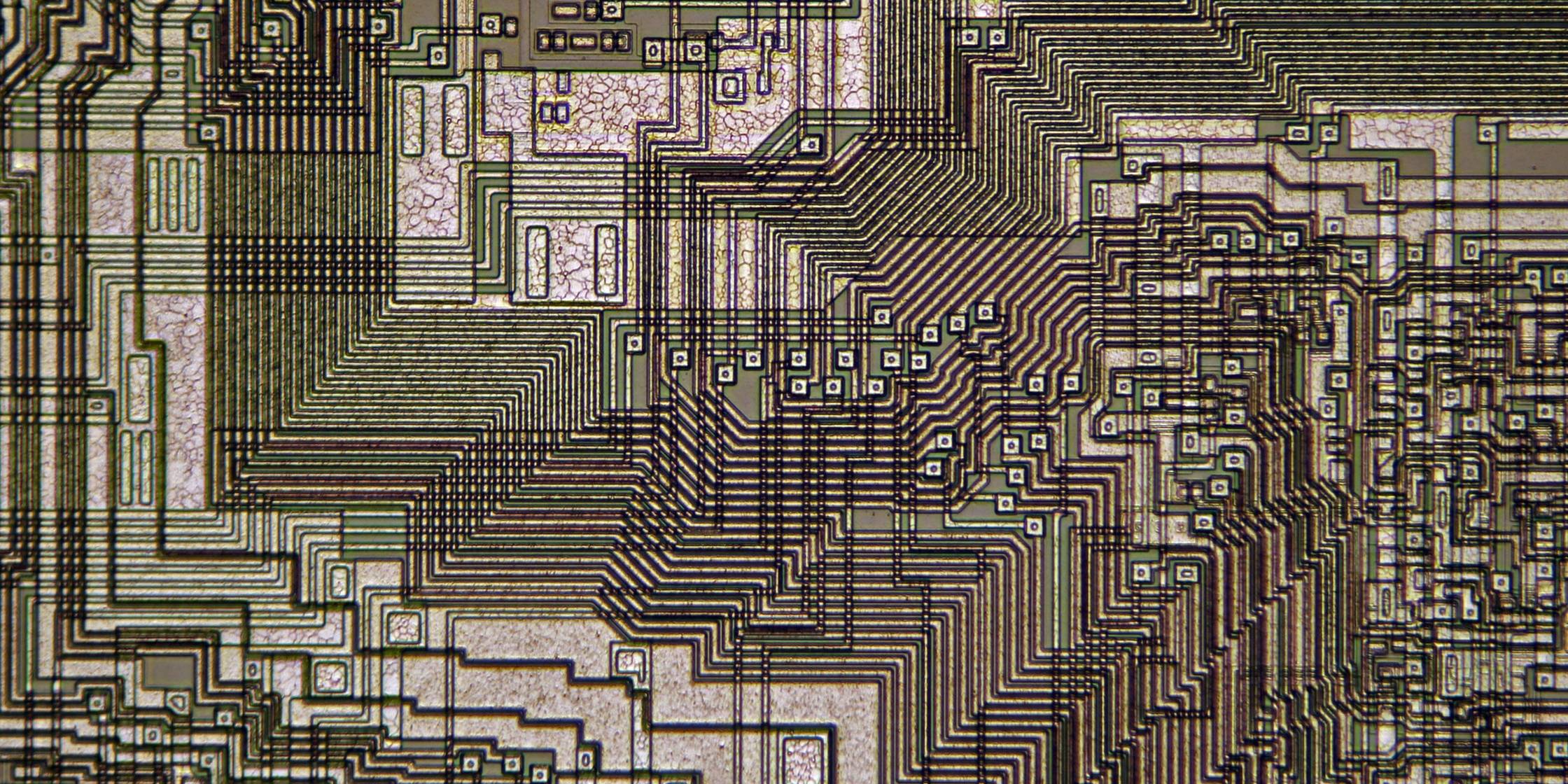From Smaller Transistors to Cleaner Qubits: The Continuous Quest for Higher Performance in Computing
Wednesday, October 20, 2021 | 12:00pm ET
Speaker: Iuliana Radu, IMEC
Atomic-layer-deposited Atomically Thin In2O3 Channel for BEOL Logic and Memory Applications
Wednesday, October 13, 2021 | 1 pm ET
Speaker: Peide (Peter) Ye, Purdue University
MIT Quest with AI @ MIT Research Blitz
Tuesday, October 12, 2021 | 12pm – 1pm ET
Speakers: Bilge Yildiz (MIT) and Jacob Andreas (MIT)
Mixed Conduction in Polymeric Materials: Electrochemical Devices from Biosensing to Neuromorphic Computing
Wednesday, September 15, 2021 | 1 pm ET
Speaker: Alberto Salleo, Stanford University
A Universal System for Decoding Any Type of Data Sent Across a Network
Adam Zewe | MIT News Office
New chip eliminates the need for specific decoding hardware, could boost efficiency of gaming systems, 5G networks, the internet of things, and more.
Microsystems Technology Laboratories (MTL) Annual Research Report
Microsystems Technology Laboratories (MTL)
Annual report encompassing the many research areas and disciplines housed in the Microsystems Technology Laboratories.
In-Memory Compute Accelerators
Anantha Chandrakasan
Many edge machine learning accelerators are responsible for processing and storing sensitive data that could be of value to attackers. This project plans to investigate side channel vulnerabilities and develop protections for at-edge custom in-memory computing (IMC) integrated circuits.
3D Integration of AI Hardware with Direct Analog Input from Sensor Arrays
Jeehwan Kim
This research group works on AI hardware based on memristor neural networks with emphasis on ultra-low power operation for inference and online training and 3D integration of AI hardware and Si electronics.
MIT and Ericsson Enter Collaboration Agreements to Research the Next Generation of Mobile Networks
Elizabeth A. Thomson | Materials Research Laboratory
A collaboration between MIT and Ericsson will explore new materials for computer chips that mimic the structure of the human brain as well as how to make some electronic systems truly autonomous by removing the need for charging.
Need to Fit Billions of Transistors on a Chip? Let AI Do It
Will Knight | Wired Magazine
Artificial Intelligence is now helping to design computer chips—including the very ones needed to run the most powerful AI code.











